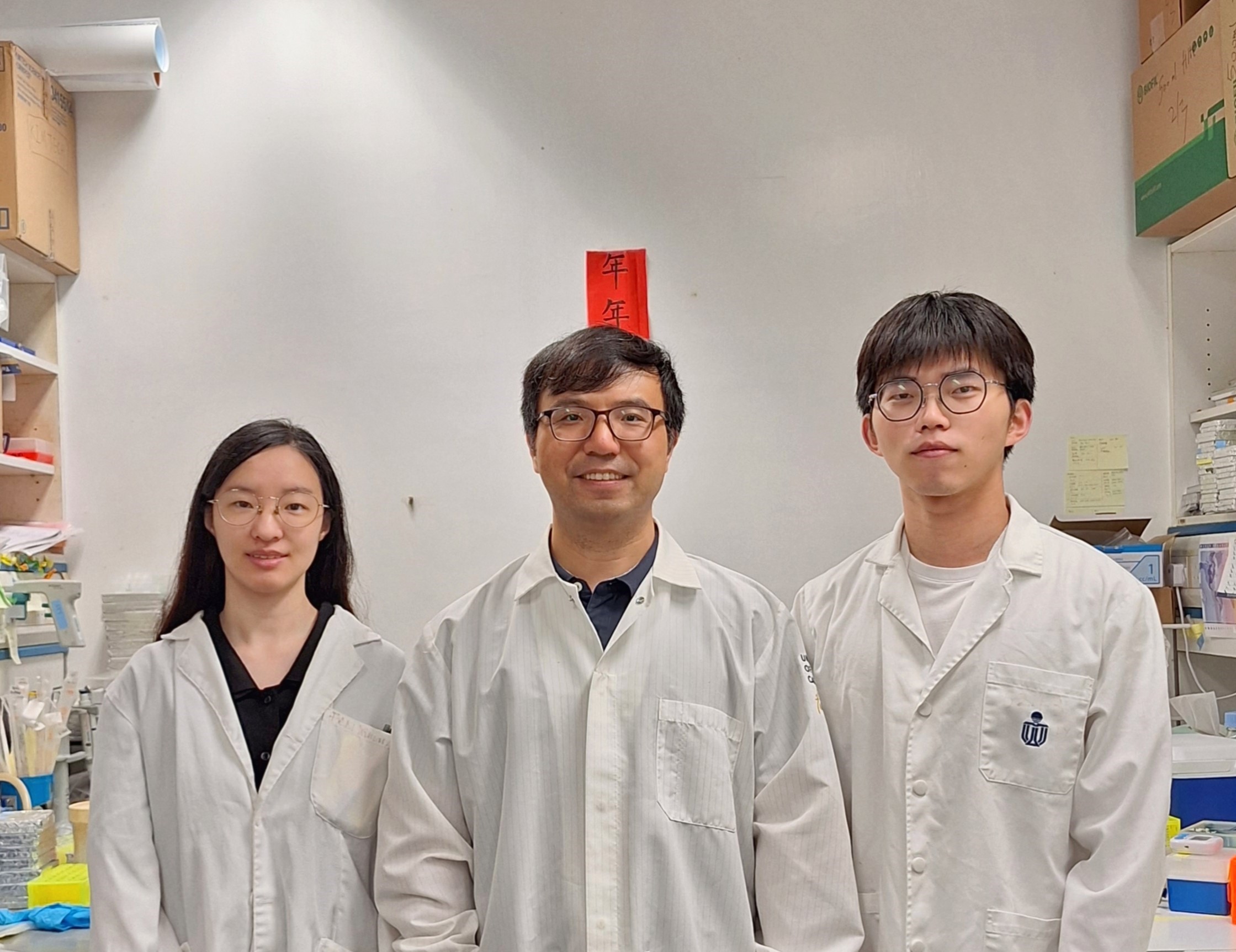
Events
Science Focus
Science Focus is specially written and designed by HKUST science undergraduate students under the guidance of our faculty and staff. It aims to stimulate and nurture students’ interest in science and scientific research through interesting articles.
Study at the
School of Science
School of Science
Undergraduate
Programs
Offering diverse, interdisciplinary and inquiry-driven undergraduate education in an intellectually stimulating environment.
Postgraduate
Programs
Providing students with exposure and hands-on training in innovative, cutting edge methodologies and technologies via research and taught postgraduate education.
Academic Units
Chemistry
Life Science
Mathematics
Ocean Science
Physics
Chemistry
The Department of Chemistry has dynamic, friendly and cooperative faculty members active in all areas of chemical research and whose research is internationally recognized.
Life Science
The mission of the Division of Life Science is to facilitate the advancement of both research and education in the field of biological sciences.
Mathematics
Excellence in research and a commitment to deliver effective and quality teaching programs, are the two pillars on which the Department of Mathematics is based.
Ocean Science
The Department of Ocean Science aims to lead in understanding ocean science and technology, marine conservation, global climate change, management of marine resources, socio-economy and sustainable development.
Physics
The mission of the Department of Physics is captured by the triangle of teaching, research and innovation.

Research
Pushing the boundaries of innovation, making new discoveries and establishing new research paradigms.




